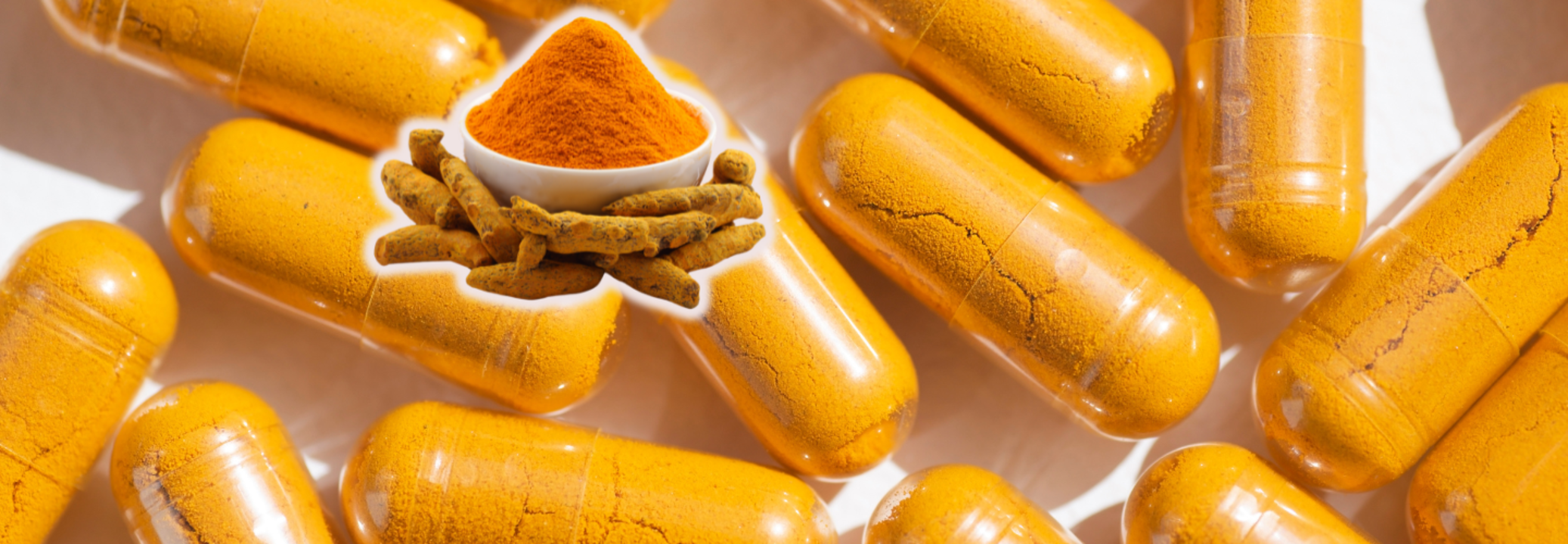Woman Ends Up In ER After Taking Turmeric Supplement That Caused Liver Damage – How 'Natural' Supplements Can Be Dangerous?

Credits: Canva
SummaryA woman landed in the hospital with liver damage after taking 10x the safe daily dose of turmeric supplements, highlighting the dangers of unregulated herbal remedies.
End of Article
